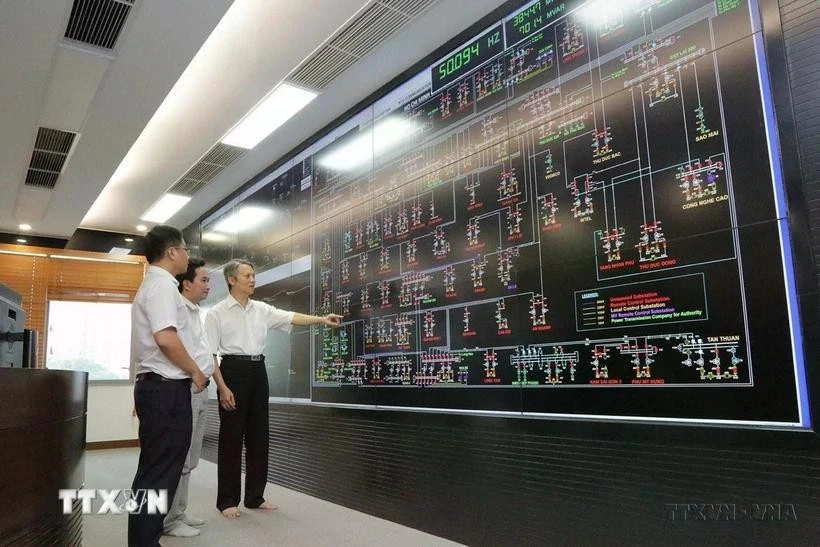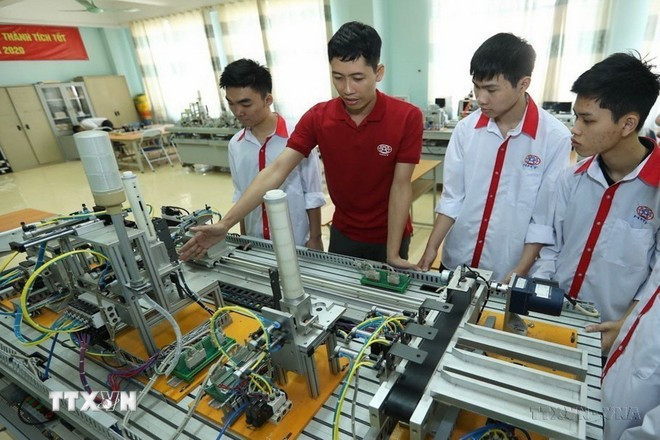Resolution 57 shapes way for Vietnam to become science-technology leader
The ambitious targets outlined in the resolution are based on both Vietnam’s current capabilities and its future development potential. However, achieving these goals requires breakthrough approaches to implementing science, technology, innovation, and digital transformation.


The introduction of a "sandbox" mechanism will allow businesses and researchers to experiment with new technologies or business models within a state-supervised environment, facilitating the transfer and commercialisation of advanced technologies.
Additionally, the resolution includes mechanisms for the government to commission major businesses with significant challenges, promoting creative start-ups that may evolve into future tech giants. There will also be incentives to encourage investment in R&D. These measures aim to strengthen the collaboration among the government, scientists, and businesses.
Minh also highlighted the potential contributions of Vietnamese students and intellectuals currently studying and working in Japan to Vietnam’s scientific and technological progress. The Vietnamese intellectual community abroad represents a valuable, high-skilled resource, many of whom are working directly in prestigious institutions and corporations. Their contributions through teaching, research, and technology transfer will be crucial in advancing Vietnam’s scientific, technological, and digital development.
According to Minh, there are over 600,000 Vietnamese nationals residing in Japan, many of whom are experts holding prominent positions at universities, research labs, and large corporations. The Vietnamese intellectuals in Japan can be divided into two groups - those who plan to return to Vietnam for long-term roles and those who will remain abroad but act as intermediaries for knowledge exchange.
To encourage Vietnamese students and intellectuals to contribute to the nation’s development, he proposed that the Government and the private sector should identify specific positions for overseas Vietnamese experts who wish to work in Vietnam, while offering incentives, favourable policies, and an enabling environment for research, including financial and technological support.
For those remaining abroad, Minh said that they can serve as important connectors for resources by participating in training, advising on policy, and facilitating international collaborations. Governments and businesses should implement short-term, targeted policies to strengthen international partnerships and attract new talent to support Vietnam’s science, technology, and digital transformation. Minh emphasised that while those returning directly will be immediately more impactful, the indirect group can contribute in the longer term and may eventually transition into direct roles./.








